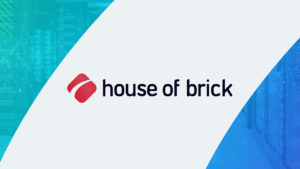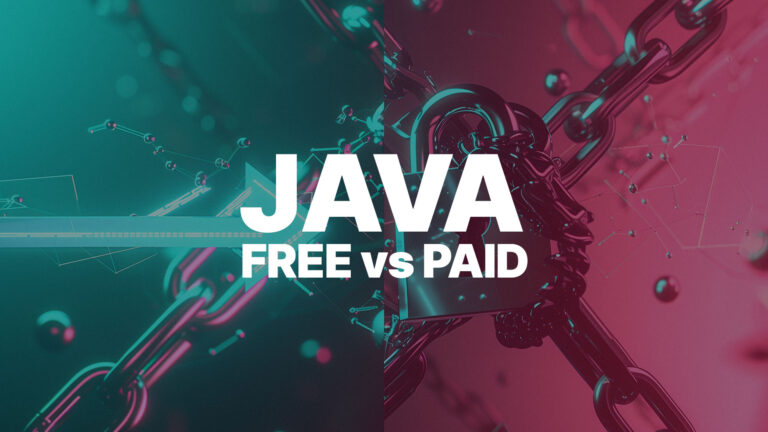Bob Lindquist, Director of Client Services
Mark Hurd, co-CEO of Oracle, was recently interviewed for an article, All of Our Customers Will Move to the Cloud. In this interview, Mark Hurd suggests that all of Oracle’s on-premises customers will be soon be moving to Software-as-a-Service (SaaS) models for Oracle applications.
Oracle has been using the terms “cloud” and “SaaS” interchangeably for the last year or two. During that same timeframe, cloud services providers like AWS, Azure, and Google Cloud Platform have seen significant growth in both Infrastructure-as-a-Service (IaaS) and Platform-as-a-Service (PaaS).
It is obvious that Oracle is trying to differentiate itself from other cloud service providers who will likely dominate IaaS and PaaS. With historical acquisitions like PeopleSoft and JD Edwards, as well as more recent ones like NetSuite, Oracle is looking to shift to SaaS to offset its shrinking on-premises software and hardware businesses.
But what are Oracle customers really doing?
House of Brick has seen many “shifts” in Oracle’s go-to-market strategy in our 20+ years. From Oracle’s acquisition of Sun over a decade ago to their near purchase of Apple about 20 years ago, Oracle customers have long been confused by Oracle’s sales and marketing strategies.
Due to that confusion, we have witnessed HoB clients employ a few shifts in their own strategies for Oracle technology. Some of which include:
- Utilizing Oracle in a virtualized environment on-premises
- Running Oracle in the cloud
- Migrating Oracle to a database alternative
- Replacing Oracle Applications with non-Oracle SaaS
- Maintaining Oracle without change in technology
1. Utilizing Oracle in a virtualized environment on-premises
For over 10 years, HoB has seen Oracle customers save licensing and other operational costs by deploying Oracle on VMware or other hypervisors. Because Oracle license agreements are traditionally agnostic to virtualization, despite the assertions of Oracle sales, customers can save thousands (if not millions) of dollars moving off of legacy Oracle or other hardware to x86 with VMware.
2. Running Oracle in the cloud
HoB has seen an uptick the last two to three years in Oracle being deployed on cloud service providers like AWS and Azure. Leveraging cloud for back-up and disaster recovery seem to be common use cases for Oracle deployments. Oracle RAC on VMware Cloud and moving Oracle to a managed cloud service like AWS’ RDS are other recent use cases for Oracle customers.
3. Migrating Oracle to a database alternative
One of the growing trends for Oracle users is no longer being an Oracle customer. While many business applications may require Oracle database technologies – and a sound business rationale for many would be to stay on Oracle – aggressive Oracle audits and other Oracle sales behaviors cause a variety of customers to consider their options.
4. Replacing Oracle Applications with non-Oracle SaaS
A growing number of Oracle customers are looking at SaaS providers for certain back-office business applications. While their business-critical applications may require them to stay on Oracle, many Oracle customers are moving their HR or Finance applications from an Oracle based package to a SaaS provider.
5. Maintaining Oracle without change in technology
House of Brick has many clients who still feel that their legacy Unix infrastructure is the most risk averse for their Oracle deployments. This is usually the case where Oracle on Unix has been in place for decades, and the IT staff is professionally invested in the platform. The challenge with that strategy though, is that x86 technologies have advanced to the point that performance and stability can be architected to match Unix platforms.
What should your Oracle strategy be?
Before you consider deploying Oracle to a data center of Apple Mac Minis, you should consider a few key questions to determine your Oracle strategy:
- Am I spending too much on my Oracle software or hardware?
- Am I deploying my non-Oracle workloads on VMware or to the cloud?
- What are my business application and staff dependencies for Oracle?
- Am I prepared for (or scared of) the possibility of an Oracle audit?
- When did I last complete an internal Oracle technology and/or license assessment?
Usually, Oracle customers deploy a hybrid strategy of the five use cases described above, including moving to SaaS. For HoB clients, we have found it best to be proactive rather than reactive. The late Stephen Covey put it this way: “The first choice we make each and every day is, “Will we act upon life (Oracle), or will we merely be acted upon (by Oracle)?”






